
Dog Separation Anxiety:
A lot of dog owners don't know this, but separation anxiety is the most common dog problem. For the owner, dog separation anxiety can be frustrating and even annoying. Does your dog bark relentlessly when you leave the house? Or do you come home to a huge mess from your dog's chewing? Is your dog still eliminating in the house even after being housebroken? These are major signs that your dog is suffering from separation anxiety.
The Cause For Dog Separation Anxiety:
Dogs are pack animals. Their natural instincts when living with others is to lead the pack as an alpha leader or be a subordinate to their masters. If you are a dog owner, you should be the alpha dog. Your dog gets very attached to the people that feed and take care of him every day. When you leave the "den", your dog gets very agitated and then anxiety grows.
You can worsen their separation anxiety when you give them attention right before you leave and right when you get home from work. A lot of dog owners don't realize this. It's only natural for us humans to say goodbye and hello. For your dog, it worsens his anxiety and makes it even harder for him to control his anxious emotions every time you leave the house.
Here 3 ways you can help easy your dog's separation anxiety.
Change Your Daily Routine:
Just by changing what you do in the morning before you leave your house can greatly reduce your dog's anxiety. Try getting up at different times, change the order of how you get ready for work. Grab your keys several times while getting ready for work. Right before you do walk out the door with your keys and bag in hand, sit on the couch for a few minutes and then leave. Switch it up the next day. By changing your morning routine, you can take preemptive steps to make sure you're reducing your dog's social anxiety.
Disassociate Yourself With Your Dog
This may be hard because it's in our human nature to ease the pain of our love ones. By ignoring your dog when you come home and before you leave the house, you can improve your dog's separation anxiety. Don't give attention to your dog for 15 minutes after you've come home. Even when their crying for attention. Crate training or putting your dog in a small room while you gone will help too.
Decreasing the Time You Make Your Dog Wait For You
When you leave the house, try to increase the amount of time your gone for. You can even leave for a few minutes and then come back. Your dog's expectation of you leaving the house and being gone for a long time will change when you do this. When you dog learns that you come back every time, even for short period, then you can stretch and increase the amount of time your gone for.
You’re Not Being Mean
Don't feel bad about this. It may seem mean and abrupt but it will truly help your dog deal with separation anxiety in the long run. Your dog will learn that he doesn't have to feel anxiety when you leave because he knows that you are the alpha leader that will always come back.
If your dog shows only some signs of separation anxiety, it can worsen over time. So even if your dog isn't causing any destructive damages to your house just yet, it may lead to them if the issue is addressed quickly. The best and most effective way to deal with separation anxiety is to crate train your dog.
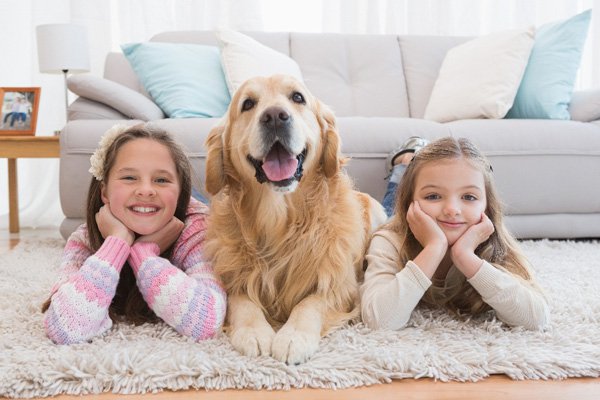 How to build a functional chicken coops or a chicken house?
How to build a functional chicken coops or a chicken house?
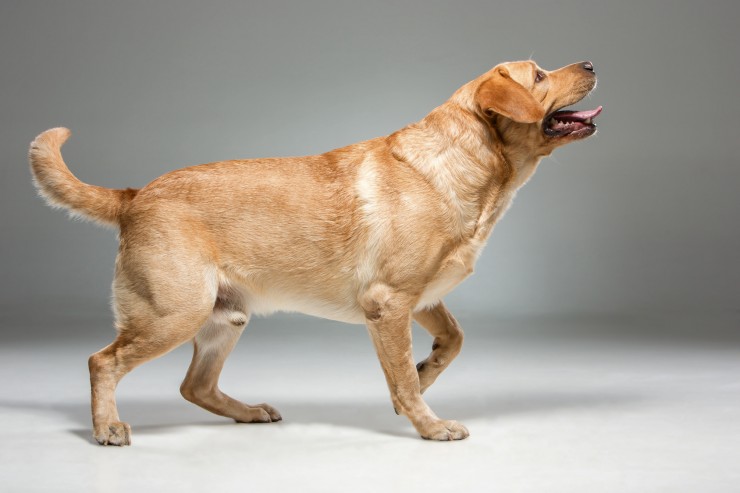 Larger Dog Breeds That Make Great Family Pets
Larger Dog Breeds That Make Great Family Pets
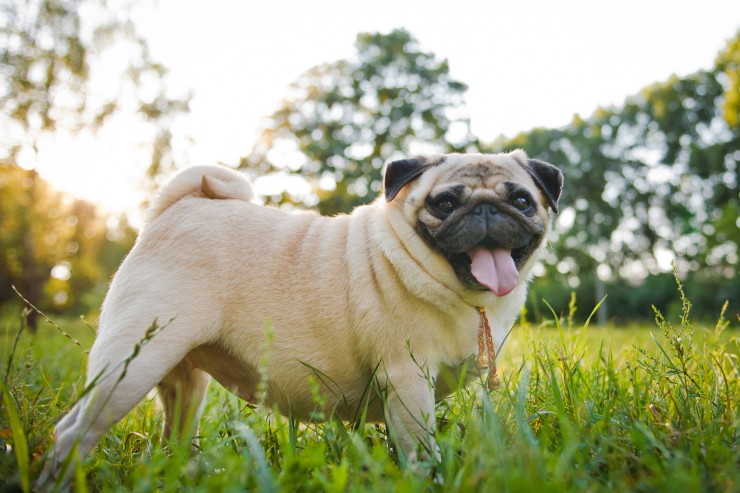 Six Health Conditions Behind Unexplained Canine Weight Gain
Six Health Conditions Behind Unexplained Canine Weight Gain
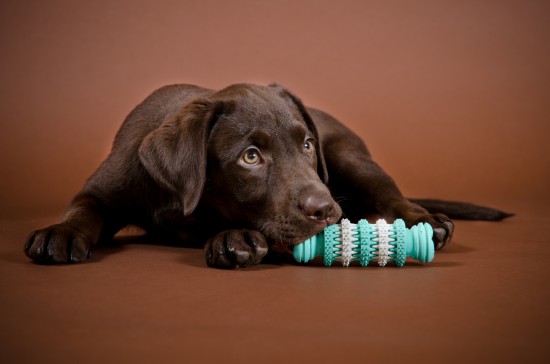 Puppy Chewing - Do’s And Don’ts For Managing Things
Puppy Chewing - Do’s And Don’ts For Managing Things
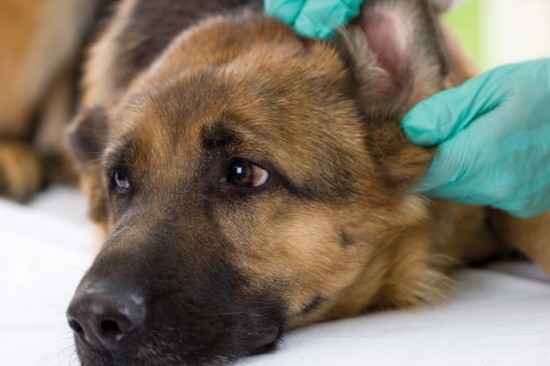 Dealing With Canker Of The Ears In Dogs
Dealing With Canker Of The Ears In Dogs
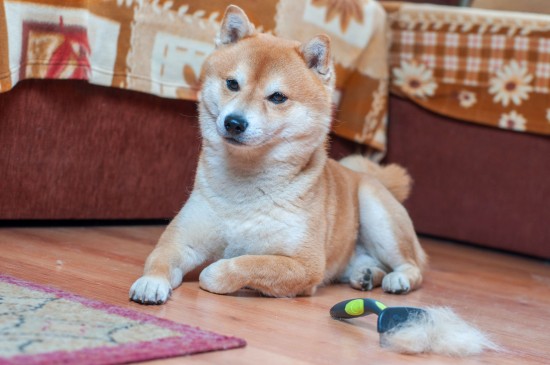 Grooming A Heavy-shedding Dog And Dealing With A Blown Coat
Grooming A Heavy-shedding Dog And Dealing With A Blown Coat
 Poxvirus Infections In Birds
Poxvirus Infectio
Poxvirus Infections In Birds
Poxvirus Infectio
 What To Look For In A Quality Parson Russell Terrier
What To Look For
What To Look For In A Quality Parson Russell Terrier
What To Look For
 The History Of The Lipizzan – An Aristocratic Ancient Breed Of Horse
The History Of Th
The History Of The Lipizzan – An Aristocratic Ancient Breed Of Horse
The History Of Th
 Let's Know More on Dog Wash and Dog Hygiene
Let's Know More on Dog Wash and Dog Hygiene
Let's Know More on Dog Wash and Dog Hygiene
Let's Know More on Dog Wash and Dog Hygiene
 Understanding Equine Grass Sickness
Understanding Equ
Understanding Equine Grass Sickness
Understanding Equ
Copyright © 2005-2016 Pet Information All Rights Reserved
Contact us: www162date@outlook.com